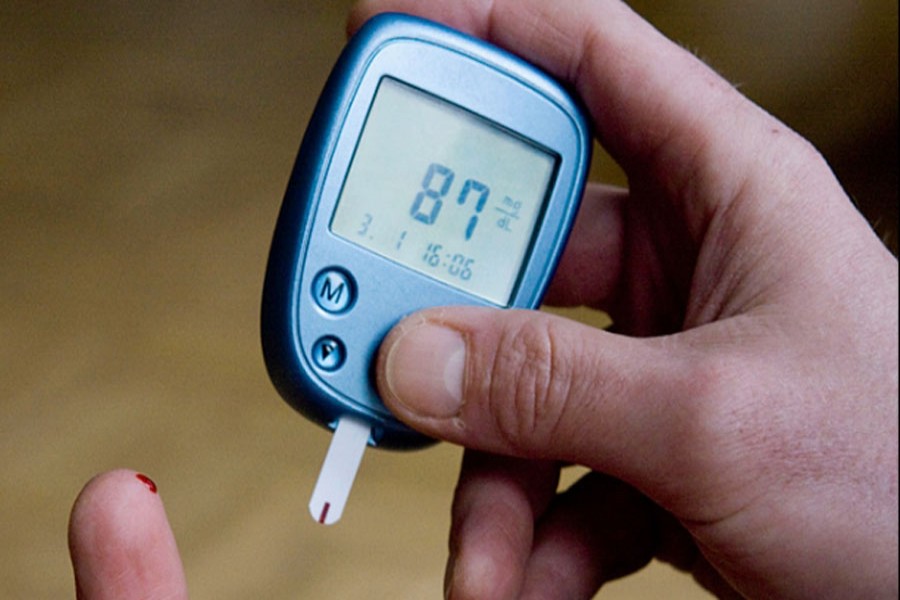A new gene thought to be critical in the regulation of insulin, the key hormone in diabetes, has been found in a family with both high and low blood sugar conditions, researchers said Monday.
The research, carried out at Queen Mary University of London, University of Exeter and Vanderbilt University, and published in the US journal PNAS, could lead to the development of novel treatments for diabetes.
The research team studied the unique case of a family where several individuals suffer from diabetes, while other family members had developed insulin-producing tumors in their pancreas.
These tumors, known as insulinomas, typically cause low blood sugar levels, in contrast to diabetes which leads to high blood sugar levels.
"We were initially surprised about the association of two apparently contrasting conditions within the same families -- diabetes which is associated with high blood sugar and insulinomas associated with low blood sugar," lead author Marta Korbonits, professor of Queen Mary University of London, said in a statement.
"Our research shows that, surprisingly, the same gene defect can impact the insulin-producing beta cells of the pancreas to lead to these two opposing medical conditions," Korbonits said.
The identified genetic disorder was called MAFA, which controls the production of insulin in beta cells in the pancreas.
It was also identified in a second and unrelated family with the same unusual dual picture.
The resultant mutant protein was found to be abnormally stable, having a longer life in the cell, and therefore significantly more abundant in the insulin-producing beta cells than its normal version.
The team also observed that males were more prone to developing diabetes, while insulinomas were more commonly found in females, but the reasons behind this difference are as yet unknown.
"One exciting avenue to explore will be seeing if we can use this finding to uncover new ways to help regenerate beta cells and treat the more common forms of diabetes," Korbonits added.


